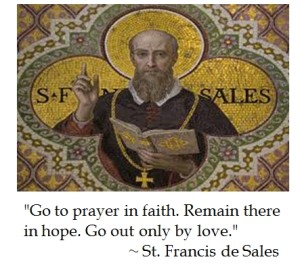The strength of the soul to love, for better or worse, is always subject to the will. As our will rules and as it chooses, so our soul is shaped and fashioned, with the help of grace. And what does the will rule exactly? All the bodily and mental and emotional life of the human person is under the governance of the will-all the faculties, passions, and appetites. The thoughts and mental life, the feelings indulged, savored, and pursued, the choices adopted in action, all this is under the mastery of the will. A short paragraph in the opening section on the will in book 3 of The Ascent to Mount Carmel attests to the importance of the will in determining how fully the soul responds to grace and turns all its strength of love toward God. Inasmuch as contemplation is dependent on love, the purification of the will for greater love is an essential condition for any deeper contemplative union with God. “The strength of the soul comprises the faculties, passions, and appetites. All this strength is ruled by the will. When the will directs these faculties, passions, and appetites toward God, turning away from all that is not God, the soul preserves its strength for God, and comes to love him with all its might” (AMC 3.16.2).
Father Donald Haggerty “Saint John of the Cross: Master of Contemplation”






Recent Comments